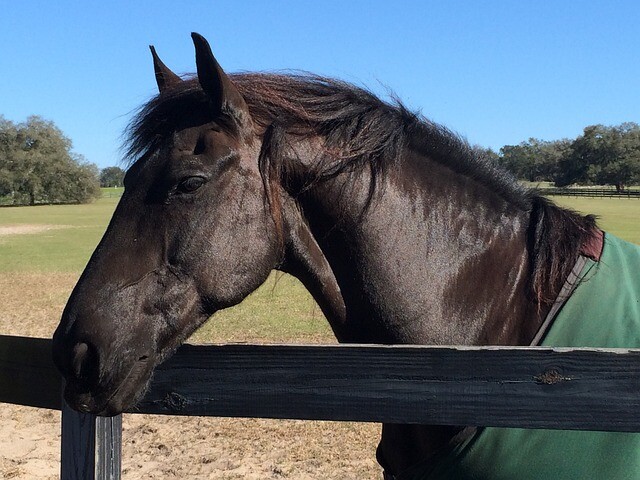 In days of old – unless a bookmaker – you could only bet on a horse to win. You hoped for the best. Perhaps you bet with a pure heart. You certainly have a passion for ‘the sport of king’ and may have gone to a race meeting or two. The only person who would be hoping the horse you bet would lose was the bookie. If you had bet on an outsider even Honest Joe would have been shouting louder than most and had a smile on his face as your horse is led into the winners’ enclosure.
In days of old – unless a bookmaker – you could only bet on a horse to win. You hoped for the best. Perhaps you bet with a pure heart. You certainly have a passion for ‘the sport of king’ and may have gone to a race meeting or two. The only person who would be hoping the horse you bet would lose was the bookie. If you had bet on an outsider even Honest Joe would have been shouting louder than most and had a smile on his face as your horse is led into the winners’ enclosure.
Times have changed.
With the introduction of the betting exchanges in 2000, the landscape changed. Punters like you and me could lay horses to lose on ‘the machine’ and overnight the layman could be a bookmaker without a licence. In many respects this was a good thing for sport. It gave the established bookmakers something to think about. No one should be afraid of competition although we are for obvious reasons.
We shouldn’t be afraid of technology and the advancement of modernity. However, it can open up a can of worms if not ethical implications. It can test the character and worth of a person which may bring philosophical considerations. You may be wondering what I am talking about but betting on a horse in a race has both ethical and welfare issues. We have seen with the start of the Cheltenham Festival that two horses died on the first day. One horse sadly suffering from a heart attack while another from a fractured leg.
As a layer on the exchanges you have the opportunity of betting in-running. So if you see a horse shoot ten-lengths clear you may think it is a ‘certainty’ and bet odds on it will win. Moments before the start of the race it was available at odds of 10/1. You have the option to bet pre-race or once the race starts in-running if you wish.
The choice is yours.
It’s an unsavoury topic of conversation and I don’t imagine you have ever thought about this statement as it is unpalatable for most people, especially animal lovers.
‘Would you lay a critically injured horse to win money?’
I said it had welfare, ethical if not philosophical underpinnings.
With being able to lay horses to lose you may have someone watching the race from a live stream or even high in the grandstand, waiting for a horse to falters. Perhaps the favourite looks to be travelling well and the next moment it tragically breaks a leg. To most watching, it is a sickening sight. Often the TV camera will change angle but all on course will witness a harrowing scene. Within minutes the screens are placed around the horse for privacy and the on-course vet(s) will assess the injury and make the difficult decision of whether the horse should be euthanised.
However, there are a few punters who would take advantage of this situation. If quick to press the button and lay the horse to lose you could be quids in. The quickest person to press the lay button may win several thousand pounds.
It leaves a nasty taste in the mouth.
Now there will be many who rightly say they laid the horse to lose because they thought it was slowing. It’s plausible. It would be questionable that someone would admit they laid the horse to lose because they had seen it breakdown. However, I can guarantee that a horse could be stricken, laying on the floor, unable to get up and someone, given the opportunity, would take the money available and pocket it.
At the expense of the horse’s life.
I certainly wouldn’t want to gain from something so tragic. Witnessing an injured horse while watching the Cheltenham Festival (or any other meeting whether National Hunt or Flat race) is hard to stomach.
When I bet on a horse I do it for good reasons. I would rather lose money than see a horse injured. Very few people would think differently but what I am saying is that not all people are alike. Greed makes people do all manner of disgusting things. It isn’t just illustrated in laying a stricken horse to lose. It is pervasive in all aspects of life. It results in all manner of inhumane actions which are orchestrated by humans.
You have only to watch the news.
I can’t help wonder what the person thinks who makes money from disaster. True many will do so unwittingly but if you pressed that lay button because you clearly saw a horse was injured I wonder how you could spend that money without some aspect of guilt.
How far would you take a bet?
Would you win at any price?